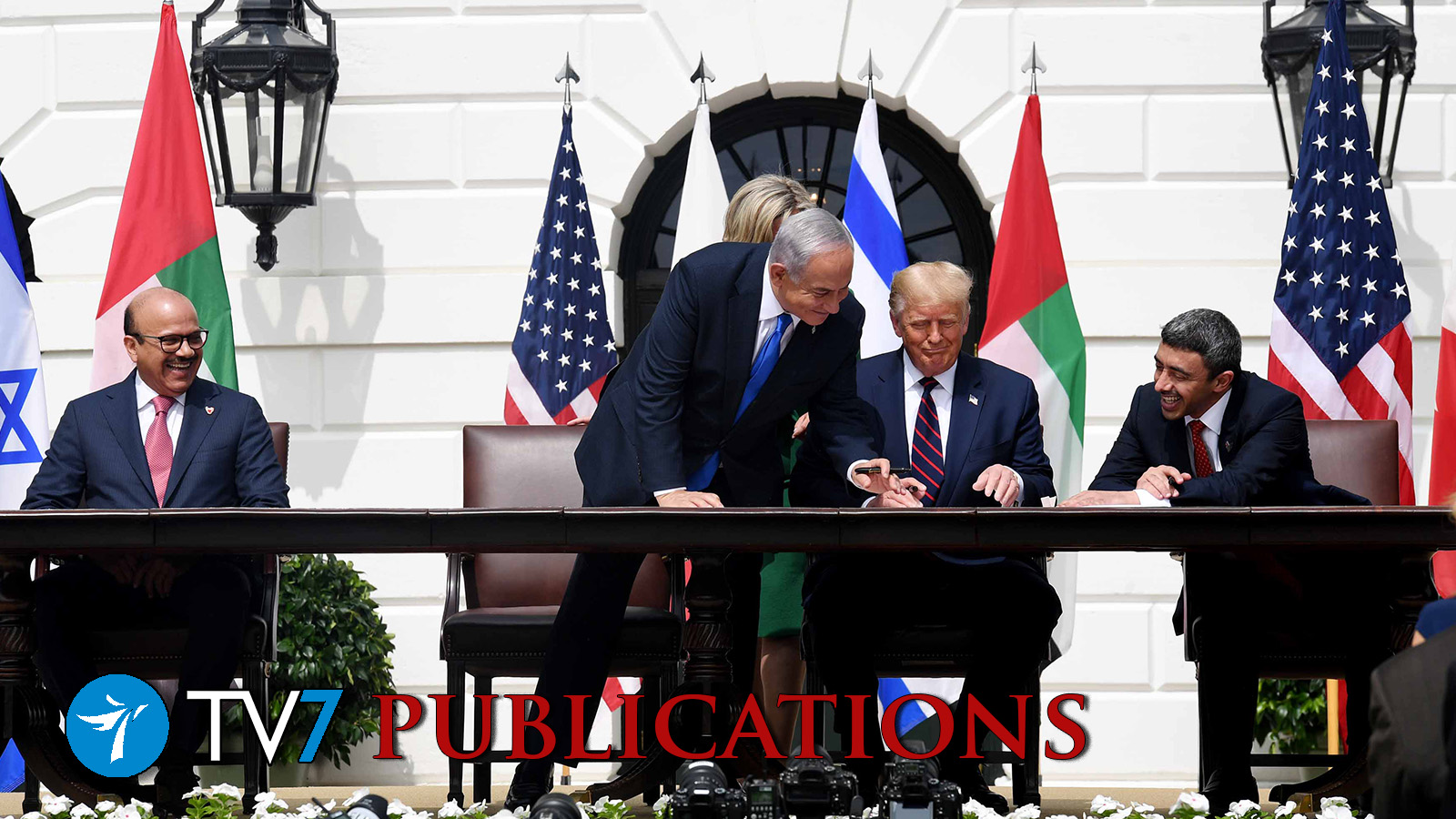The peace deals between Israel, the UAE and Bahrain mark the completion of an existing process by which the region’s stabilizing forces are banding together against the Iranian threat.
By Vice President of the Jerusalem Institute for Strategy and Security.
The peace deals between Israel, the United Arab Emirates and Bahrain are a historic moment in Middle East history, but they also mark the completion of an existing process, such as the peace deal with Jordan in 1994, rather than a dramatic shift, such as the 1977 visit by Egyptian President Anwar Sadat to Jerusalem.
Israel has long been an integral part of what can be called the “stabilizing elements” in the region, which comprise Egypt, Jordan, Morocco, the eastern part of Libya, and even the Palestinian Authority.
These elements must counter three schemes: the one led by Shiite Iran, which includes its proxies in Lebanon (Hezbollah) and Yemen (the Houthi rebels), Assad in Syria, and most of the militias in Iraq; the one led by Turkey whose moves and aspirations and are shared by Qatar, and which supports forces affiliated with the Muslim Brotherhood; and the one comprising the Salafist jihadists, such as Islamic state and al-Qaida.
The common resolve to counter Iran’s regional suspirations created a connection between Israel and Saudi Arabia and its neighbors more than a decade ago, and this sense of shared regional threat increased during the second term of the Obama administration.
Like the Persian Gulf states, Israel viewed the nuclear deal with Tehran as a cause for grave concern. As a result, the Gulf’s kingdoms came to value Israel, both because of its public stance and because of its continuous efforts to counter Iran’s attempts to tighten its grip on Syria.
Another challenge has recently emerged from Turkey, where the growing influence of the Muslim Brotherhood is cause for concern for the UAE and Bahrain.
Over the past year, against the backdrop of the conflict between Egypt, Greece and Turkey over “economic water” in the eastern Mediterranean, Israel has sided with Egypt and with its Gulf friends. The Middle Eastern game is entering a new phase, but this time, it is the stabilizing forces that are growing stronger.
JISS Policy Papers are published through the generosity of the Greg Rosshandler Family.
